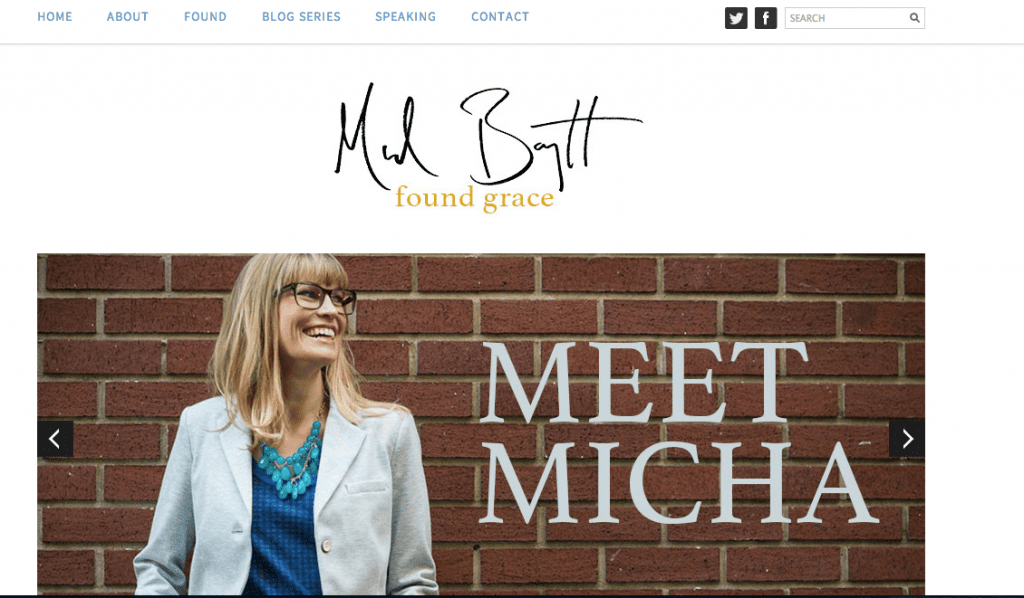It’s not often that Sunday’s sermon loiters in my head throughout the rest of the week. It may be because I helped lead the discussion on the same passage last night in our church small group, but it’s been lingering today and I need to talk to you about it.
In Luke 14, Jesus turns to a massive crowd that had gathered, drawn by his miracles, his charisma, his entirely new interpretation of the scriptures, and his radical challenge of authority. It was a moment in his ministry when he could have made good use of those crowds surrounding him: most would have aimed for revolution, called everyone to rebellion against the Roman government, begun a movement. Instead he asked them to do the impossible:
“If anyone comes to me and does not hate his own father and mother and wife and children and brothers and sisters, yes, even his own life, he cannot be my disciple. Whoever does not bear his own cross and come after me cannot be my disciple” (Luke 14: 26-27, ESV).
I’ve struggled with this passage for years. I’ve heard it explained a number of ways. And, for the most part, I’m never completely satisfied. Okay, I think. I get it. He was being “shocking.” I know Jesus liked to upset his listeners into a completely new way of seeing the world. I can respect that. And I can respect the idea of “hating” oneself. You can’t grow up in evangelical Christianity in this country and not accept that you’re supposed to take yourself out of the equation.
But, come on, what does Jesus really mean when he says, hate your mother and father and children? Thankfully, for us women, we don’t have to hate our husbands. (Whew! A reason to celebrate our obvious exclusion from the passage!)
So my pastor’s explanation of this passage is one of the best I’ve heard. I’m actually not fighting it too much in my head, which is a major accomplishment. He said that “hate” was often used in biblical passages as a comparison word, almost like a literary device to contrast the significant distinction between two things. It’s saying: I want you to pay attention to how considerable the non-hated thing is.
As an example of that use of “hate,” my pastor referred to the story in Genesis when Jacob works for seven years to win the hand of his love, Rachel. When Rachel’s father sneakily marries him to Leah, her older sister, Jacob is willing to work another seven years to wed the woman he actually loves. His passion for Rachel is so deep that the passage describes him as hating Leah, though, as my pastor pointed out, there’s no reason for us to assume the hostility we would usually equate with the word “hate.” There’s no point in the narrative when we see Jacob outwardly despising Leah. They have children together. They live as a family together. But, in order to make sure the reader understands that Rachel is the love of his life, the passage tells us that Jacob hated Leah. It’s making a distinction; there’s no middle ground allowed.
Is that the point Jesus is trying to make here to the massive crowd gathered around their latest superstar rabbi? Maybe. Demanding that his followers carry their cross was not a great movement-building idea. The image of the cross conveyed arrest; it conveyed actual death. It was not a great PR choice to tell a crowd that following you is going to be like walking toward the place where you will slowly agonize (naked and humiliated) and eventually die of asphyxiation.
But those are not the things I can’t get over this week. What I can’t stop thinking about is me in the midst of this passage. (What’s new? you say.) What does this passage mean in my life? How in the world can I ever live out this command as a comfortable stay-at-home mom in contemporary America? I have a lot of baggage left from the days I assumed that my value to God lay in what I accomplished for him. And in that mindset I spent many years exhausted, pushing myself into “ministry” and feeling guilt for the days of rest I enjoyed or the relationships I loved easily without sacrifice.
We can talk about “taking up our cross,” a phrase we spout pretty regularly in evangelical culture, as doing the right thing at work, or choosing to tell the truth, or giving financially even when it’s difficult. And all those things are legitimate examples of living by the moral standard God has given us, but are they worthy of an image of agony and asphyxiation?
I don’t know.
All I know is that my pastor came back to Rachel and Leah in his explanation. He said: “Jesus is saying, ‘I want to be your Rachel.’”
Everything else in my life needs to be “hated”; it needs to pale in comparison to the God I follow. Is that just a matter of my emotional inner life? I don’t know. But it should challenge me as a mother and a wife. I’m not convinced that my family needs to be my entire ministry in life. There are others to give myself to, especially because it often feels easier to only give myself to August and Chris.
And so, the question needs to live in my head every day: Is Christ my Rachel? Or is my son my Rachel? Is my work my Rachel? Is some vague idea of who I should be or what I should accomplish my Rachel?
And in that, where is my cross?











